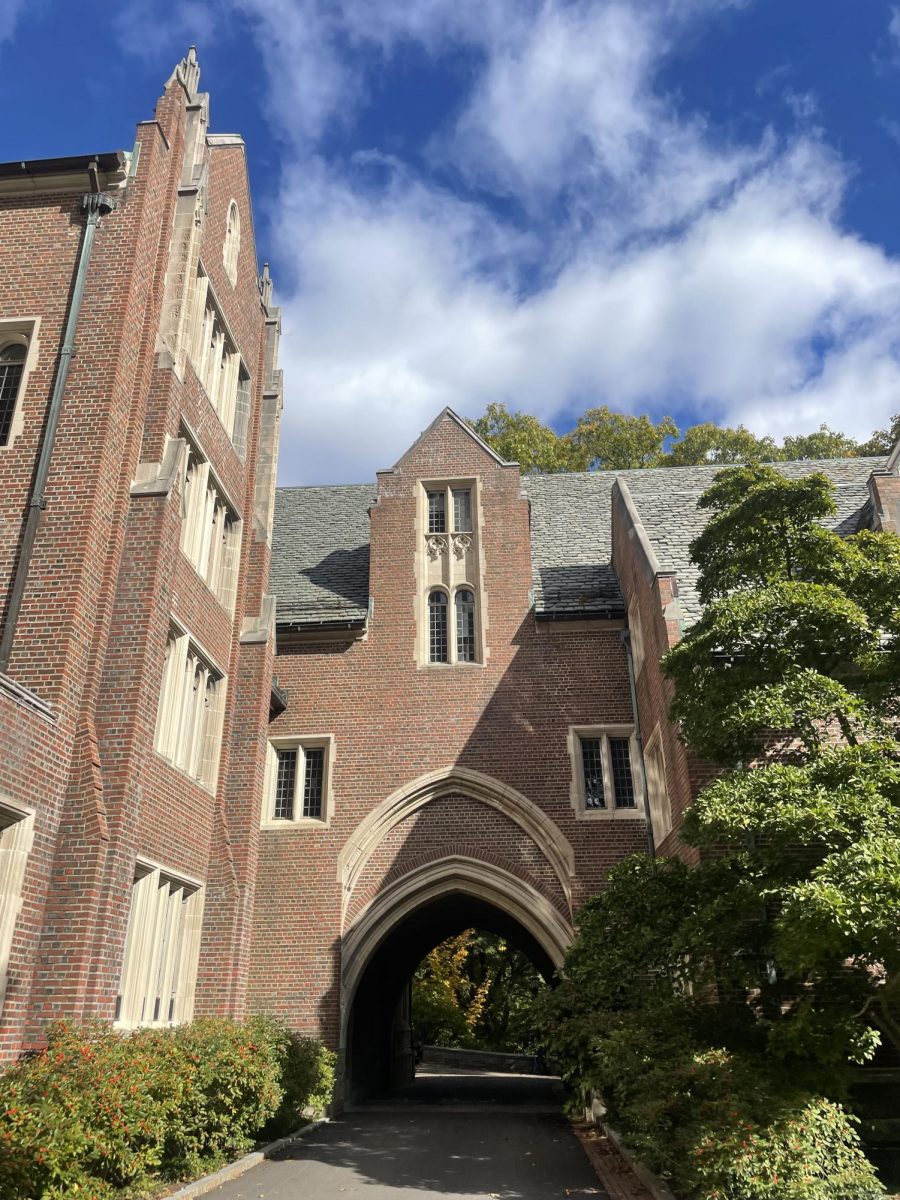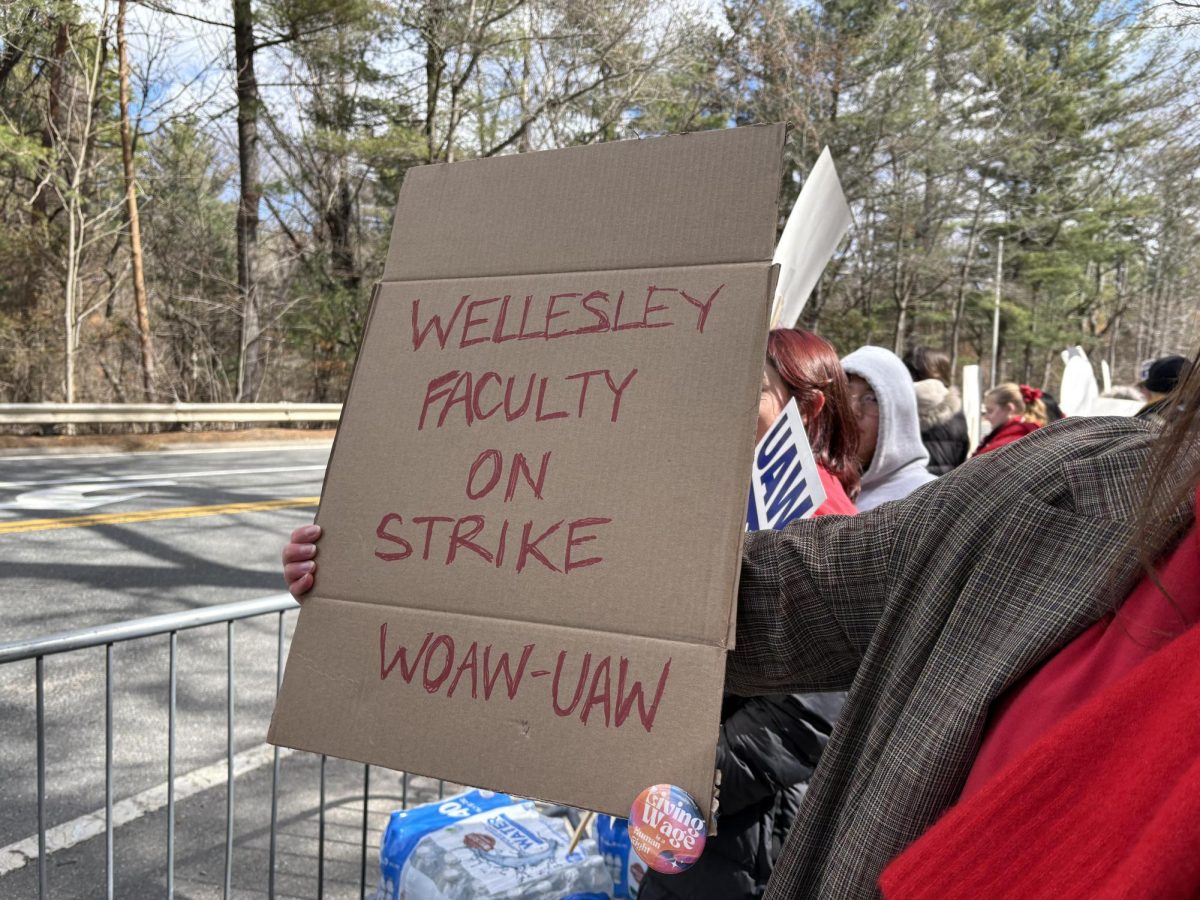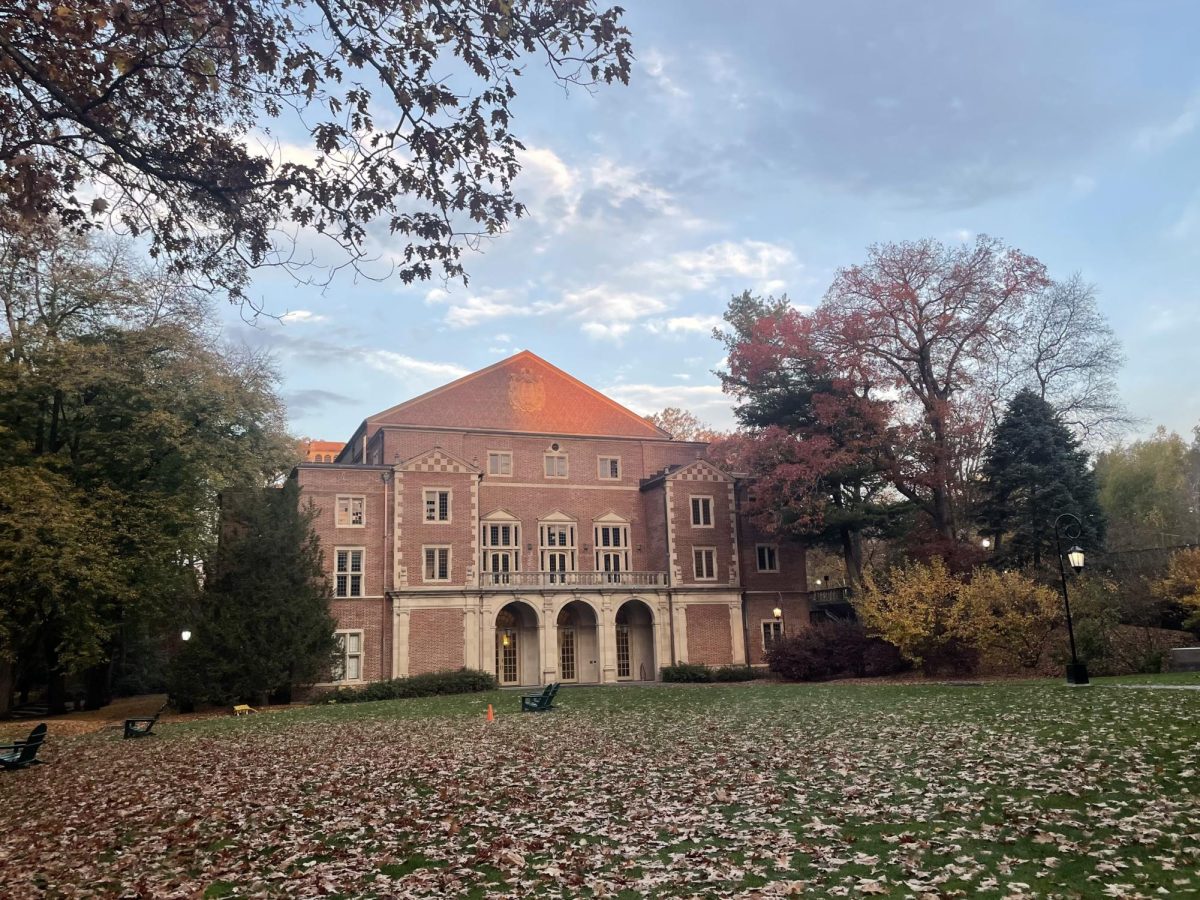An overwhelming majority of Wellesley students voted for Vice President Kamala Harris, an anonymous survey conducted by The Wellesley News found.
This comes as former President Donald Trump defeated Vice President Kamala Harris on Wednesday, Nov. 6 to become the 47th president of the United States following one of the most polarized presidential races in the nation’s history.
The survey, sent to all students at the College on Nov. 5, asked questions about students’ voting behavior, political ideologies, civic engagement habits and general understanding on the state of politics. This election is most students’ first time casting a ballot to vote for a presidential candidate. We collected 291 responses where 284 of respondents are registered to vote in the US.
More than 80% of respondents voted by mail or absentee ballot and 13% voted in person. Six percent of respondents couldn’t vote, citing reasons including failure to register in time and ballots getting lost or denied.
Nearly nine out of 10 respondents voted for Harris. Still, when asked if they felt this candidate aligned with their policy preferences or political ideologies, only 71% said Harris’s platform was the best fit, while 18% favored third-party candidates instead.
Furthermore, when asked whether respondents felt represented by the current candidate running for office, only 27.4% said yes, while 37.5% said no, and 35.1% gave a mixed answer. This division suggests that many registered respondents feel their views are only partially or not at all reflected in the candidate's platform.
The survey additionally asked if they believed their votes would make a difference to the outcome of the 2024 election: 47% of respondents said no, 24.2% said maybe, and only 21% felt confident that their vote could make a difference.
To put this into perspective, just 9.5% of respondents live in the seven key swing states: Arizona, Georgia, Michigan, Nevada, North Carolina, Pennsylvania and Wisconsin. All respondents that casted a vote in the key battlegrounds voted for Harris, even though Trump ended up winning six of them.
Nearly 40% of the respondents were registered to vote in Massachusetts, New York, California, New Jersey and Texas, where general electoral outcomes are predictable given their historical leanings toward Democrats or Republicans.
A mostly liberal campus
When asked about political ideology, 57% of respondents registered to vote identified as “very left-leaning,” followed by 34% of respondents who say they were “somewhat left-leaning.” Only 1.7% of respondents identified as “somewhat right-leaning.”
We also surveyed respondents on how they civically engaged with the election or stayed informed about their voting decisions.
Nearly half of the total respondents said they did not engage in campaign activities. 39% posted on social media or talked to friends about the election and 10% volunteered. Most respondents relied on news media to inform their voting decisions, while 21% of respondents said they relied on social media the most.
Concerns and fears
Out of the 75 anonymous comments submitted to the News, we found a predominant sentiment of fear regarding Trump’s second term. Students especially expressed concerns over the future of American democracy and reproductive rights under the threat of a conservative agenda.
“My rights as a woman, as a low-income student and citizen, as the child and friend of immigrants, as someone dependent on accessible and affordable health and welfare systems, and much, much more, are immediately impacted by Trump's policies,” said Sofia Dewey ’27.
Over 75% of respondents already felt very or somewhat unsatisfied with the current direction of the country.
Concurrently, a wave of racist texts were sent in mass across nine states after Trump’s win, prompting an FBI investigation. Trump has consistently used racist rhetoric throughout his campaign.
"I've heard from my friends that there's been a huge uptick in racism, sexism, transphobia, they've been experiencing just in the past couple of days,” said Shivani Swaminathan ‘28. “It’s not a path that I think this country should be going on.”
Contact the editor responsible for this story: Lyanne Wang




